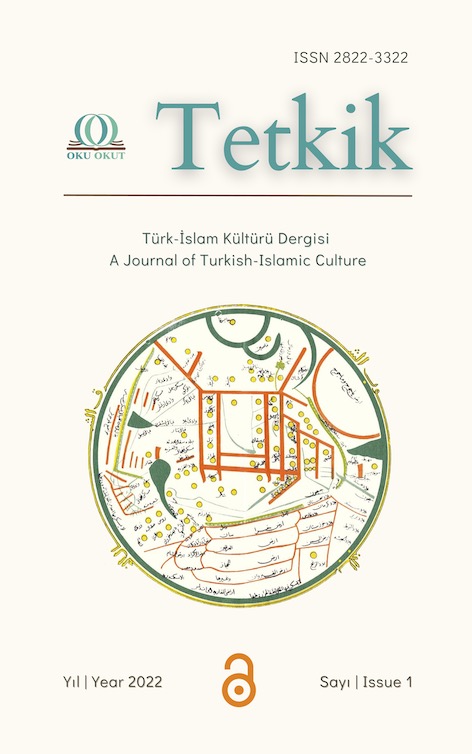Hannah Arendt’in Kötülük Algısının Din Felsefesinde Konumlandırılışı
The Positioning of Hannah Arendt’s Perception of Evil in the Philosophy of Religion
Author(s): Hande Nur BozbuğaSubject(s): Philosophical Traditions, Metaphysics, Ethics / Practical Philosophy, Philosophy of Religion
Published by: Oku Okut Yayınları
Keywords: Philosophy of Religion; Hannah Arendt; Radical Evil; The Banality of Evil; Totalitarianism; Moral Evil;
Summary/Abstract: Hannah Arendt is a German citizen of Jewish origin who lived in the 20th century. It is possible to come across her vision of evil, which was shaped by the influence of the Nazi Party’s anti-semitic policy during World War II, in many of her political and moral works. According to her, the totalitarian policy adopted against people other than the German race in the society in which she lived cannot be explained with human reasons. In this context, she used the expression the radical evil. However, not long after, the fact that those who were actively involved in the execution of these evils considered their actions on these subjects as the performance of duty caused Arendt to characterize the concept of evil with another concept: banality. In this study, the aspects of radical evil and the banality of evil, which she used in relation to the issue of evil, differ from the classical theory of the problem of evil will be analyzed. In addition, the effect of the idea of radical evil caused by the totalitarian rule on the philosophy of religion and how it will be positioned in this discipline will be questioned. As a result of our research, it was concluded that Arendt’s new perspective on the problem of evil made a new contribution to the perception of evil in the classical sense and the scope of the concept of evil.
Journal: Tetkik
- Issue Year: 2022
- Issue No: 1
- Page Range: 151-167
- Page Count: 17
- Language: Turkish

